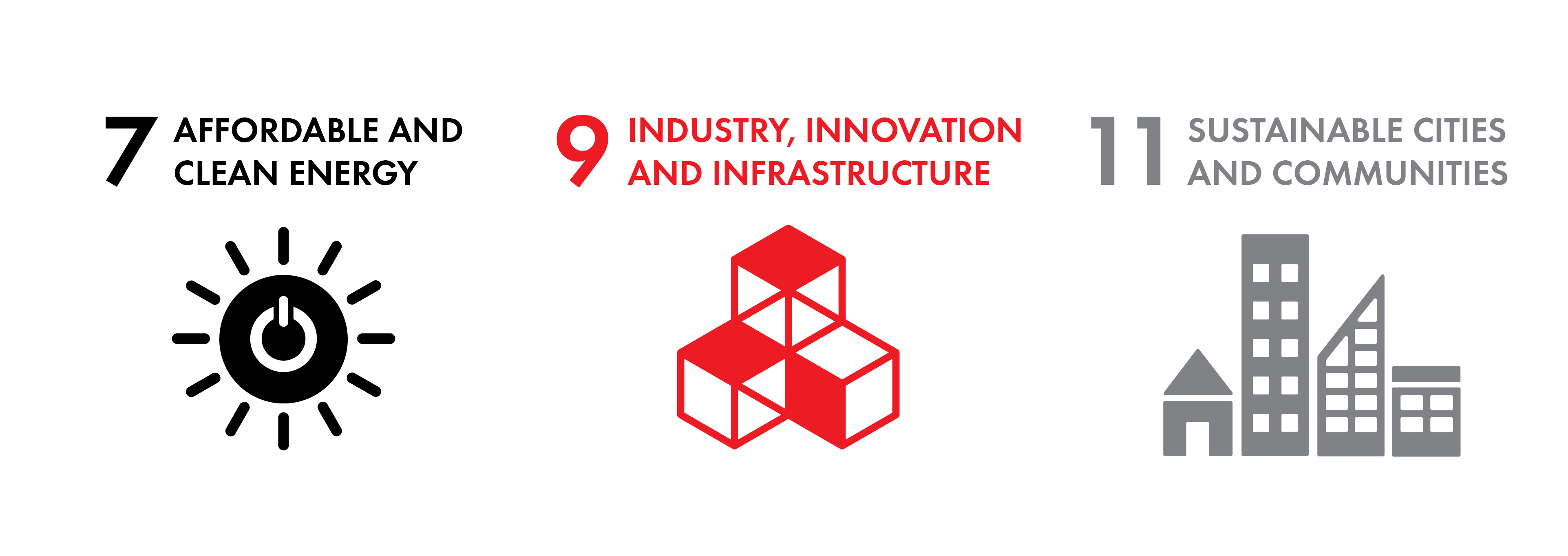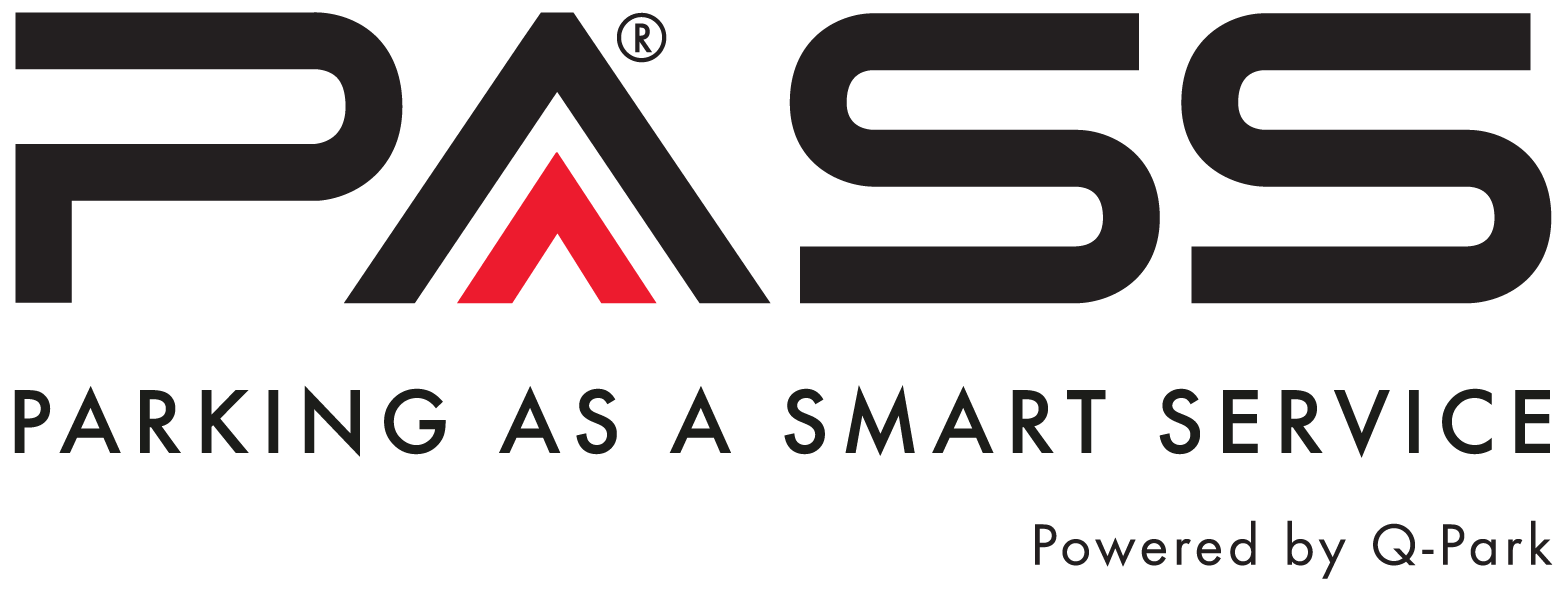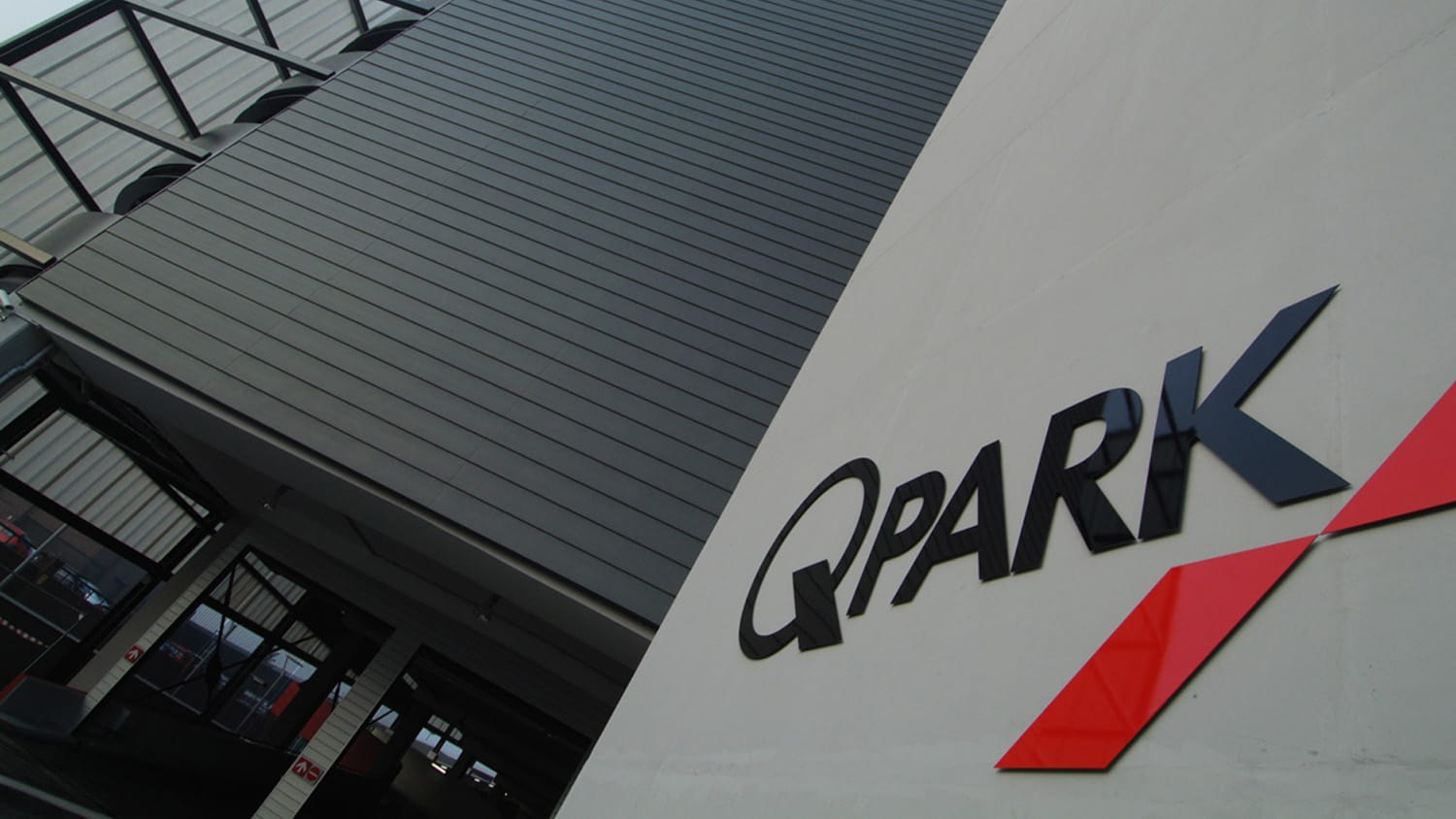
| Q-Park is excited to share that customers can now pre-book parking online at seven newly acquired parking facilities.
Read more
Q-Park have released our Corporate Social Responsibility Report (CSR) for 2020. The new report highlights our continued focus on sustainable development; sustainable, social and environmental aspects that are relevant to everyone and future generations.
The 2020 CSR report details Q-Park’s CSR Strategy Objectives and demonstrates how the success of these objectives is measured through our Liveability Model and Materiality Analysis while also looking at policies and processes that have been implemented to help achieve these objectives.
Following a successful January and February in 2020, we also look at how the COVID-19 pandemic in Europe has affected Q-Park’s business and financial results.
As one of Europe’s leading parking providers, Q-Park is dedicated to contributing towards the UN Sustainable Development Goals (SDGs). Although the Q-Park business potentially has an impact on all 17 SDGs, we have aligned our business strategy and objectives with the three SDGs where we believe we can make a difference.

To achieve these SDGs, Q-Park has undertaken several activities including but not limited to:
A more comprehensive list of Q-Parks activities and contributions is available within the report.
The Q-Park Liveability Model (QLM) is the overarching strategic model for Q-Park's CSR activities, through which we can steer our business to create value for our stakeholders and society. We seek to improve the liveability and sustainability of cities through our policies and activities.
We first developed the QLM in 2015 and have structured our CSR reporting around this. In 2020 we have updated our Liveability Model to incorporate new and changed priorities as identified in our 2020 materiality analysis.
We have developed a visual to communicate our CSR focus areas in a clear and simple manner. It has three layers (Values, Critical Success Factors, Key Performance Indicators).
Every two years we conduct a materiality analysis, periodically identifying the topics that are most relevant to our stakeholders. This year we conducted a new analysis:
The top five material topics identified are customer satisfaction, mobility, digitisation, economic performance and electrification.

After a record 2019, the 2020 financial year started with very good results in January and February. In March 2020 everything changed with the European outbreak of the COVID-19 pandemic significantly impacting our business.
While long-term parking revenues remained stable throughout the year, our short-term parking revenues were strongly impacted by the stringent government lockdown measures to contain the virus. For several weeks our short-term parking revenues came to a virtual standstill as people worked from home and were only allowed or advised to go out for essential or permitted purposes. The effect of these measures was most severe in the period March to May.
During the second quarter of the year following the easing of restrictions, customers immediately started to return to our facilities resulting in a strong recovery of our short-term parking revenues and cash flow. This recovery continued over summer. Still impacted by the absence of events (cinemas, theatres and live events), working from home policies and continued restrictions on travel, short-term parking revenues in the third quarter reached on average 80% of levels in the comparable period in 2019.
Post summer the first signals of a second wave of the pandemic became noticeable. Increasing infections and hospitalisations led to the reinstatement of government restrictions from October 2020 onwards, with all countries being in some sort of lockdown situation again.
The COVID-19 crisis is not over and the spread of the virus and resulting government restrictions remain volatile in the early path of 2021. The impact on our business in the first months of 2021 is evident but the magnitude and duration is difficult to assess. In order for Q-Park to anticipate and adapt to these changing circumstances, we accelerated our focus on the digital presence to offer our customers more flexible, seamless and/or contactless parking solutions.
To that end, in 2020 we installed the Parking as a Smart Service (PaSS) solution in multiple parking facilities in the UK, Belgium, The Netherlands and Denmark. This will enable us to launch new value propositions to public and private landlords, and to commercial partners.

Information technology is a true enabler for our future development and for implementing new and innovative services for landlords, partners, and customers. Our proprietary system, platform and portals enable us to facilitate the customer’s journey, in both the virtual and physical sense, from the comfort of the customer's home to their destination.
Q-Park remains a solid company with a strong liquidity position. We expect to meet our obligations both internally and externally while at the same time monitoring the market for expansion opportunities respecting a disciplined financial approach.
You can read the full 2020 CSR Report here.
Q-Park is one of the three leading providers of parking facilities in West Europe, whether wholly-owned, leased, managed or in a hybrid business model. Q-Park is notable for its quality approach and has a portfolio comprising over 570,000 parking spaces in the Netherlands, Germany, Belgium, Great Britain, France, Ireland and Denmark.





